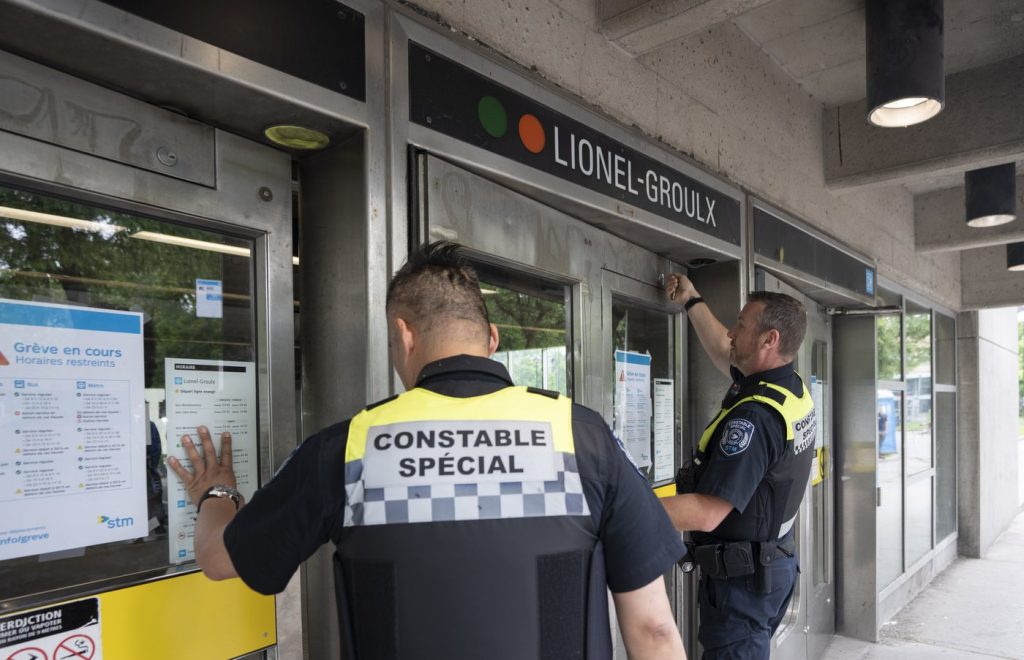MONTREAL The Quebec workplace safety board has raised concerns regarding the safety of Montreal’s transit constables, recommending that these officers be better equipped for their protection. This recommendation follows two complaints highlighting the security fears expressed by constables working within the public transit network.
The report by the safety board does not specify the types of additional weapons that should be provided to the constables, who currently have access to various tools including batons, handcuffs, and pepper spray. This lack of specificity leaves the question open as to what further armament would be appropriate for ensuring their safety while on duty.
The union representing the transit constables has actively advocated for the inclusion of electroshock weapons, such as Tasers, into their arsenal. They argue that such tools could provide officers with the necessary means to handle confrontations more effectively and safely.
Montreal's transit agency has noted an uptick in incidents involving disruptive behavior amongst its passengers. This increase in disturbances has been attributed to a rise in the number of individuals utilizing the metro system as a refuge, particularly those facing challenges related to drug addiction and mental health issues. The transit agency’s leadership has expressed concerns that the metro system is increasingly becoming a last-resort shelter for vulnerable populations.
The issue of safety for transit constables is pressing, especially in light of the broader societal challenges that are contributing to a more volatile environment in public transport. As transit constables face heightened risks, the call for enhanced safety measures, including the potential issuance of Tasers, gains relevance in discussions about workforce welfare and public safety.
This report sheds light on the complexities involved in maintaining safety within the transit system while addressing the needs of both the employees and the vulnerable individuals frequenting these spaces. As Montreal navigates these challenges, the recommendations put forth by safety authorities and the union will likely play a significant role in shaping future policies aimed at ensuring the security and efficacy of transit operations in the city.











